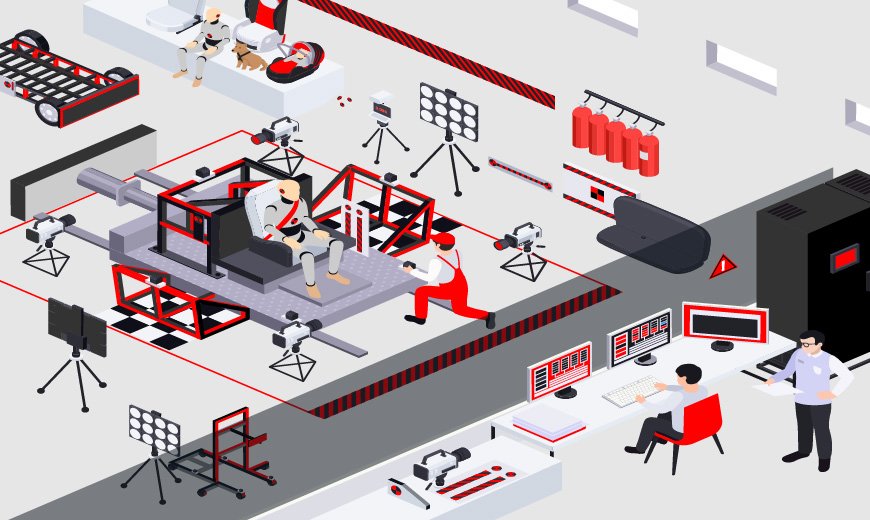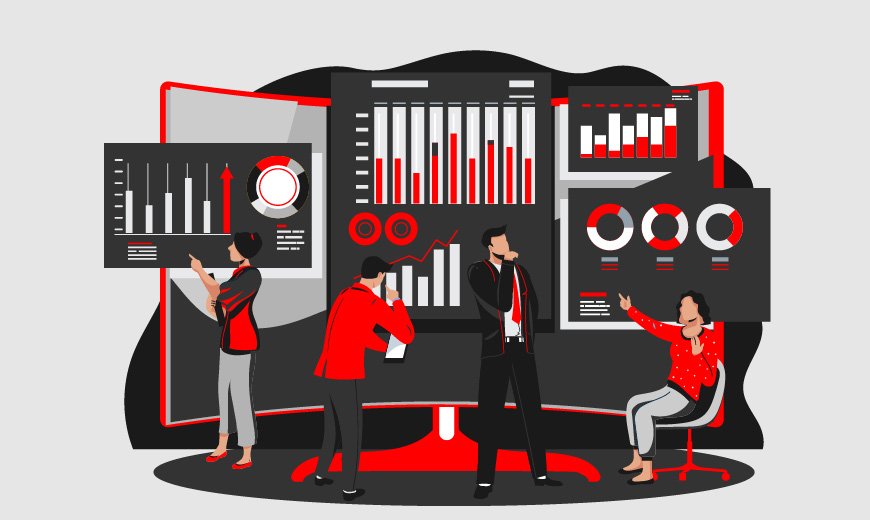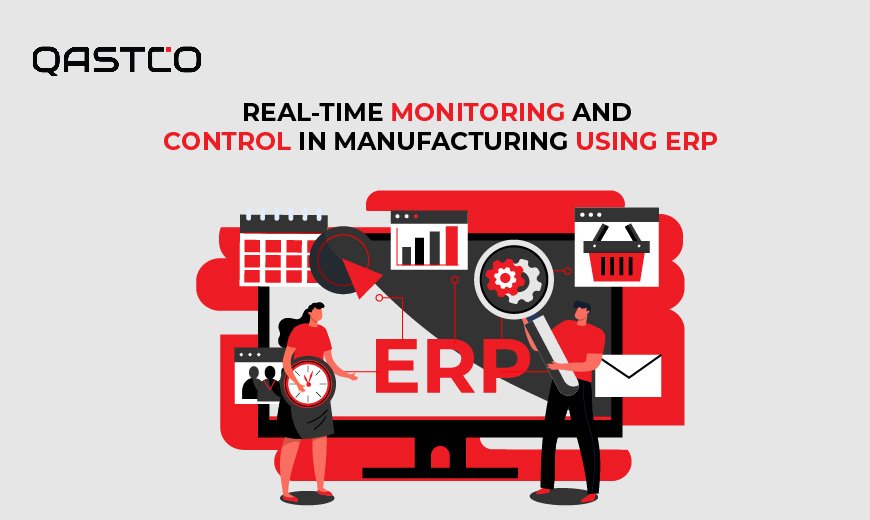Manufacturing companies are the main users of the ERP software. Because of their complex systems and processes, they need such a system that can streamline all the processes. Manufacturing ERP helps businesses in real-time monitoring and control. This real-time monitoring and control enables the business to meet its required targets in time and make informed decisions with the help of reports and data provided by ERP.
Real-time monitoring and controlling help companies avoid any mishap. It is because these systems are not only able to manage and report, but these systems can plan, forecast, and predict as well.
Real-Time Monitoring and Control in Manufacturing using ERP
When one product is made in a manufacturing firm, it just seems to a one product. There is a whole value chain system behind it to make it happen. From the raw materials to the product in the customer’s hand, at every point value is added. This whole process can be done smoothly with controlling and real-time monitoring with ERP.
Inventory & Logistical Monitoring and Control
Manufacturing ERP helps companies and businesses to monitor and control inventory in real time. In manufacturing, inventories are of great importance. Timely delivery and deployment of inventory are crucial, otherwise, it costs the business a lot.
Through ERP businesses can monitor the inventory at different places, because the ERP provides overall inventory data in one place. Businesses keep monitoring how much inventory levels are, how much is required, how much has left the warehouse etc. Real-time monitoring avoids the businesses’ Stockouts, stock overs, and dead stock. It also helps in planning and forecasting inventory demand as well. In this way, businesses keep their manufacturing process smooth and ongoing.
Also, in manufacturing process optimization, logistics is a very important factor. To take inventory into the process and disbursement of product depends upon effective logistics. Real-time monitoring through ERP makes companies capable of integrating and controlling the logistics as needed. There are no delays and no waste of time.
Departmental Coordination
Real-time monitoring and control help make all the departments work in coordination. As manufacturing ERP can track and report all the progress, businesses know which department is working how. They can stop any department, or assign any workforce to work with others to meet the targets.
One other feature, which real-time monitoring offers is process analysis. With monitoring, businesses can analyse which department is working and which is not. How much value is being added at each step of manufacturing? Businesses can align the departments and redesign processes resulting in less or no waste of effort, money, and time.
Equipment Maintenance and Downtime Monitoring
For production efficiency in manufacturing, real-time monitoring of machines, their maintenance, and monitoring of downtime is crucial. It is because organisations have to meet the orders and targets. Real-time monitoring and control with ERP allows the firms to monitor the machine’s performance and go for maintenance before it goes down by itself.
Also, through manufacturing ERP, companies can plan and control machine downtime. Companies can plan downtime for maintenance and upgrades and can align production schedules accordingly without affecting their order fulfilment commitments.
Real-Time Production and Quality Control
Manufacturing ERP enables companies to do real-time monitoring and control of production processes. Businesses can monitor all the products being manufactured and can halt or resume any product operation at any time as the need arises.
Not only that, but through this real-time control companies can monitor the machine status, resource utilisation, and target achievement according to KPIs. After that, they can simply go for the resource planning and scheduling as the production is going on.

Quality metrics can be integrated with the manufacturing ERP, enabling manufacturing organisations to keep control of the quality. Manufacturing process optimization with ERP minimises quality problems and helps the company to focus on much-needed areas.
Real-time controls make the possible intervention and correction in production and quality almost less costly. It is because it can detect the problem on the spot, rather than after the production of any badge of products.
Regulatory Compliance with ERP
Besides quality control, manufacturing ERPs can help companies comply with the regulatory standards of industry and government. These compliance checks can be automated with the help of MES integration and can be met easily with ERPs.

In a nutshell, manufacturing ERPs can help companies to achieve production efficiency with real-time monitoring and control. This control can help the companies manage the whole value chain system from raw material inventory to production, coordination, and delivery.


Leave a Reply
You must be logged in to post a comment.